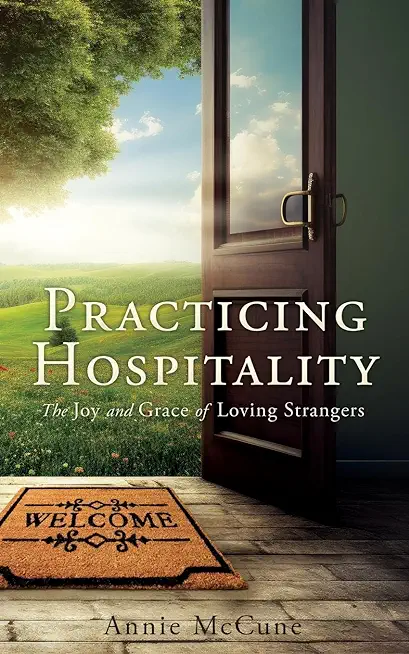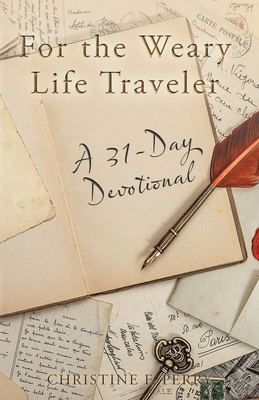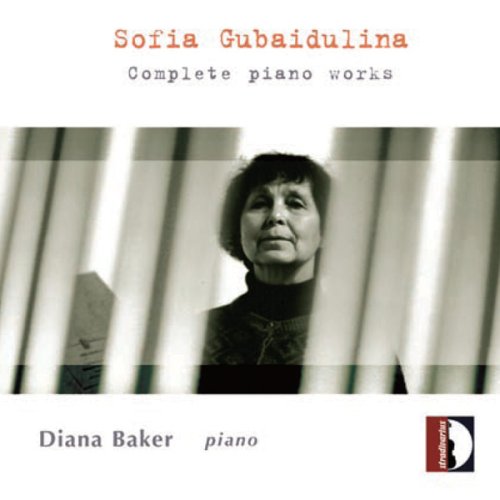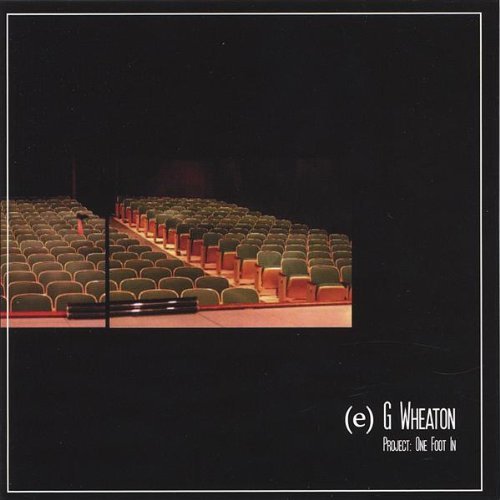
description
s a reluctant genealogist -- at first. But after acquiring her ailing mother's genealogy files, something drew her into the family history. Maybe it was years of listening to her mother's cryptic stories of her childhood which featured a delicatessen, a state hospital, a county home for neglected children, and a father who disappeared. Even though Grandpa divorced her mother and never got her out of the county home, Mangin's mother defended her father's absence and called him a wonderful father.
At first, all Mangin meant to do was organize her mother's files so that they could be stored more compactly. But it wasn't long before she began noticing errors, omissions, and discrepancies in her mother's research that cast doubt on the family stories. Thus began her transformation from reluctant genealogist to relentless family historian. She acquired her grandmother's patient record from Norwich State Hospital and the secrets just spilled out. There were four other women in her mother's family who were patients at state hospitals, three of them at Norwich State Hospital. And there was evidence that Grandpa might not be her mother's father.
Reading the transcripts of her grandmother's interviews with hospital staff, Mangin unearthed a dark secret at the heart of her mother's childhood. Through her research, Mangin uncovered her French Canadian heritage and delved into the history of the care of the mentally ill in the early 20th century. She learned how poverty and mental illness loomed over the family's fortunes.
Using patient records, genealogical methods, and DNA testing, Mangin has pieced together a family story that reads like a Dickens novel Weaving in what she learned about intergenerational trauma and the consequences of family secrets, Mangin has created a testament to the power of family history to empower people and heal old wounds.
At first, all Mangin meant to do was organize her mother's files so that they could be stored more compactly. But it wasn't long before she began noticing errors, omissions, and discrepancies in her mother's research that cast doubt on the family stories. Thus began her transformation from reluctant genealogist to relentless family historian. She acquired her grandmother's patient record from Norwich State Hospital and the secrets just spilled out. There were four other women in her mother's family who were patients at state hospitals, three of them at Norwich State Hospital. And there was evidence that Grandpa might not be her mother's father.
Reading the transcripts of her grandmother's interviews with hospital staff, Mangin unearthed a dark secret at the heart of her mother's childhood. Through her research, Mangin uncovered her French Canadian heritage and delved into the history of the care of the mentally ill in the early 20th century. She learned how poverty and mental illness loomed over the family's fortunes.
Using patient records, genealogical methods, and DNA testing, Mangin has pieced together a family story that reads like a Dickens novel Weaving in what she learned about intergenerational trauma and the consequences of family secrets, Mangin has created a testament to the power of family history to empower people and heal old wounds.
member goods
No member items were found under this heading.
Return Policy
All sales are final
Shipping
No special shipping considerations available.
Shipping fees determined at checkout.







